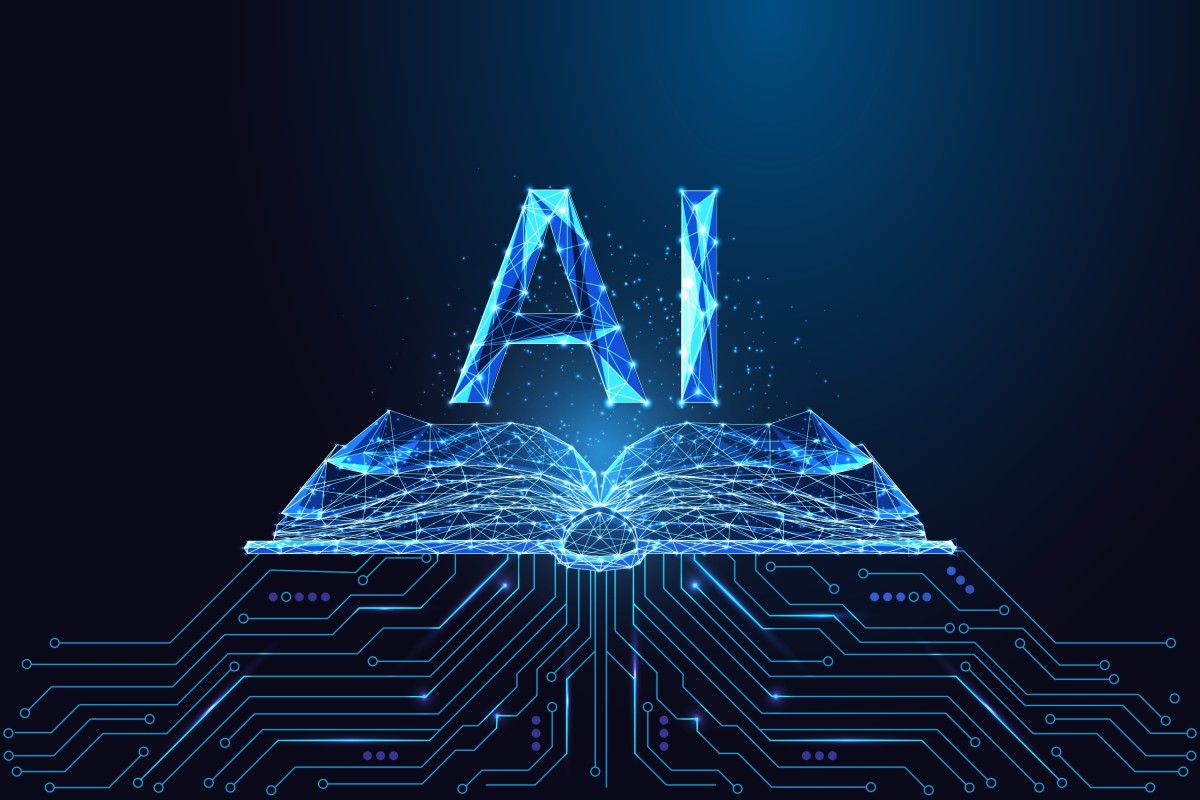Codio has unveiled an innovative tool that brings a much-needed transformation to computer science education. This new AI-driven solution centers around a Large Language Model (LLM) that enhances the traditional approach to autograding. The result is a system that not only identifies coding errors but also provides insightful, context-rich feedback.
Conventional autograders often fall short by not explaining the causes behind errors. Codio's breakthrough allows students to receive detailed explanations, enabling them to quickly comprehend and address the issues. This tool has demonstrated over 99% accuracy in re-evaluating a vast array of student submissions, marking a new era in educational technology.
Given the growing surge in Computer Science enrollments and the corresponding lift in Teaching Assistant (TA) responsibilities, the scalability of this solution is timely. Tested across various Python exercises, the system efficiently translates instructor-authored grading logic into rubric-based assessments. It was rigorously benchmarked with 12,000 global CS1/CS2 course submissions, covering basic syntax to complex subjects like encapsulation.
“This is a major step forward in scaling richer, more personalised grading and feedback in tech skills courses,” said Philip Snalune, CEO and Co-Founder of Codio. “They [LLMs] can actually work out the intent of each test case, interpret student work, and then provide constructive, individualised feedback at scale.
Key outcomes of the system include
- 99% Accuracy: Test case translation outcomes greatly aligned with instructor rubric logic.
- High Grading Consistency: AI scores consistently matched historical data.
- Contextual Feedback: Two-sentence feedback elucidates student mistakes.
- Instructor Control: Rubrics and feedback formats remain adaptable and reviewable.
While this study was specific to Python, Codio envisions expanding the approach across additional programming languages and environments.
CEO Snalune emphasizes, "AI is at its best when it augments, not replaces, human teaching." Codio’s mission to integrate AI throughout the computer science education cycle highlights an earnest pursuit of authentic, value-driven innovations.




